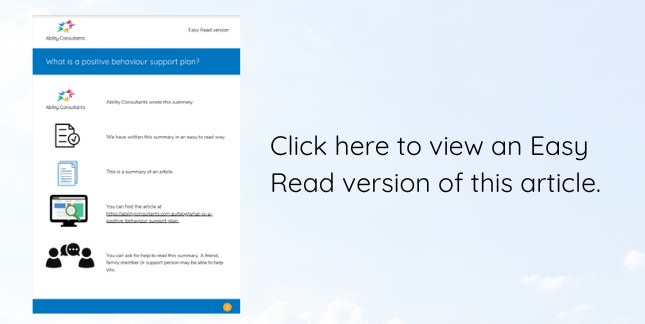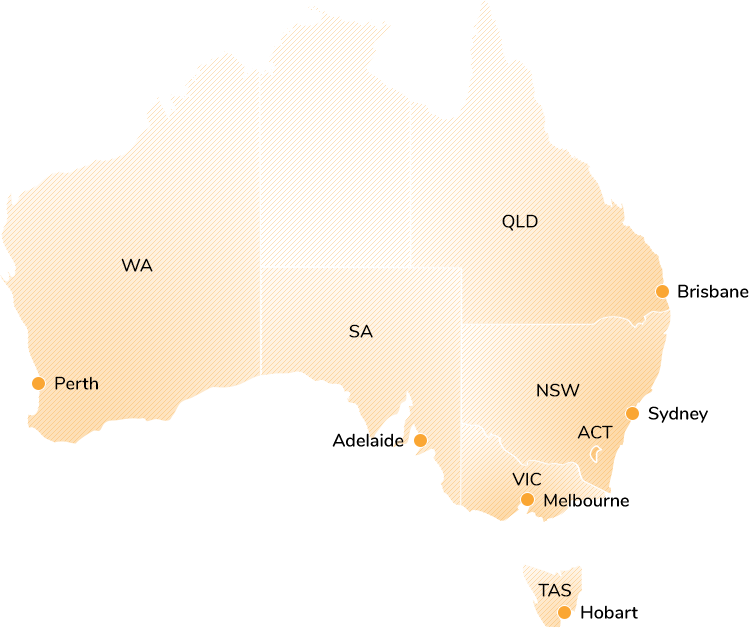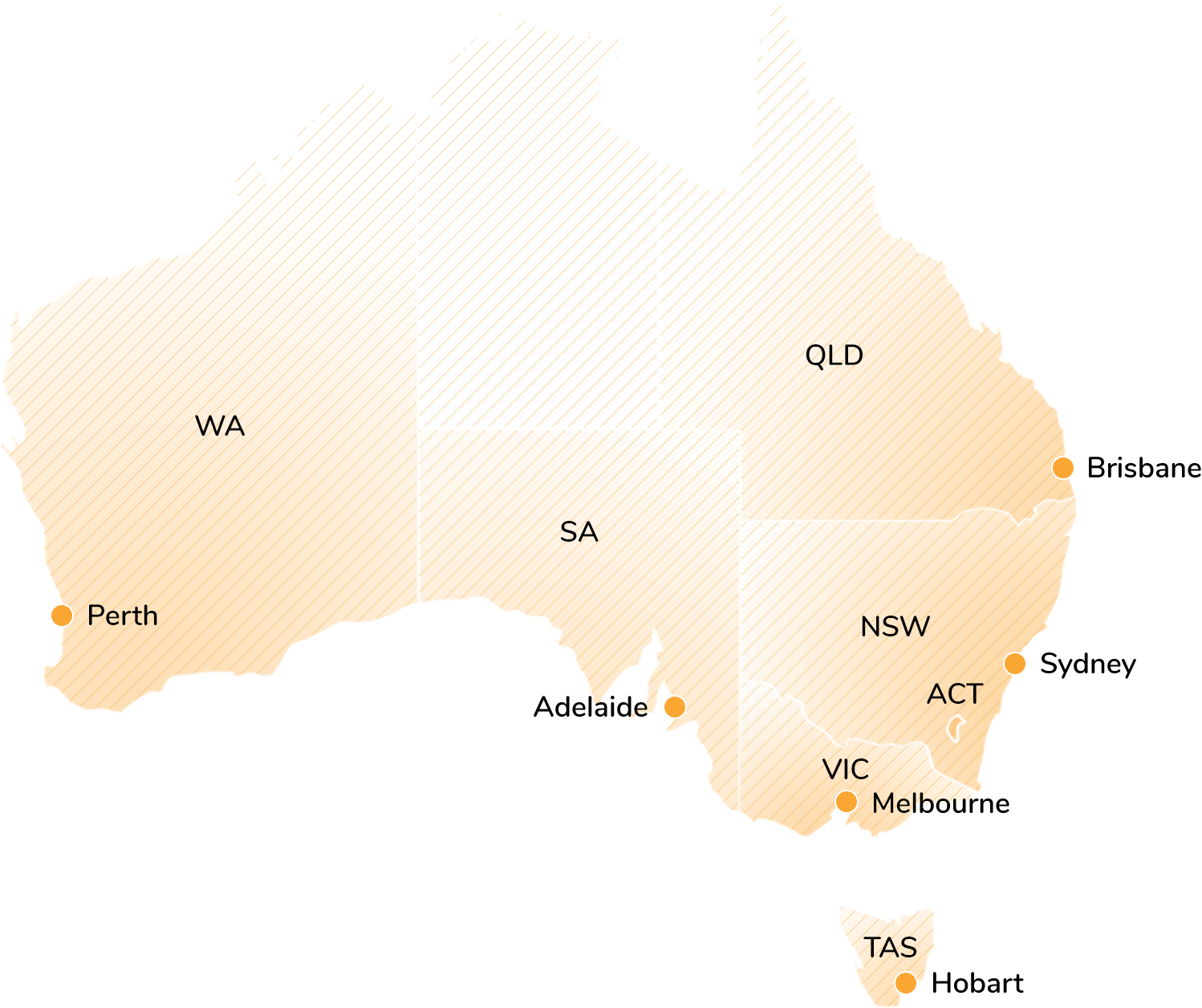What is an NDIS Positive Behaviour Support Plan?


Today we’re going to talk about NDIS Positive Behaviour Support Plans: what they are and how they can help you.
To help us understand NDIS Positive Behaviour Support Plans, we sat down with behaviour support practitioner Vanessa Bell. Vanessa is based in Brisbane and brings to our team a wealth of experience in the disability sector.
What is an NDIS Positive Behaviour Support plan?
An NDIS Positive Behaviour Support Plan (PBSP) is a document developed to improve a person’s quality of life.
We develop a PBSP using a strengths-based and person-centred approach. This means that as we consider behaviours of concern, we focus on a person’s strengths, goals, wants and needs.
A PBSP includes strategies and recommendations which focus on environmental changes, with no emphasis on changing the person who is experiencing an impact to their quality of life.
We include strategies which improve skills and we teach more appropriate replacement behaviours, so that behaviours of concern no longer have a useful purpose.
If there are restrictive practices in place (as the least restrictive way of supporting the person), we ensure there are procedures in place to safeguard the person and work towards reducing or eliminating the restrictive practices over time.
An NDIS Positive Behaviour Support Plan is always treated as a ‘live’ document, which is regularly reviewed and updated to meet the current needs of the person it’s developed for.
How is an NDIS Positive Behaviour Support plan developed?
Our approach to Positive Behaviour Support
We aim to create freedom and social connection for people with disability. One way we do this is by making Positive Behaviour Support easy for you to access.
We ensure that you are always at the centre of your Positive Behaviour Support plan. Our support is always person-centred — this means we focus on what is important to you and we invite you to take part as we develop your plan together. We will always encourage you to take part in decisions and support you to live a life of your choice.
We also work with people who support you — to help them understand who you are, and what you are communicating with the behaviours you use. The goal of our support is to improve your quality of life to a level where you are equipped with skills and supported in a way which makes you feel safe.
Steps we take to develop your NDIS Positive Behaviour Support plan

We start by gaining an understanding of your needs and goals. Your practitioner will meet with you and people on your support team, such as family, friends, support workers, accommodation providers and teachers.
Your practitioner will also collect information about behaviours you would like to change — these are known as behaviours of concern. We might do this by observing, interviewing or reviewing documentation.
Examples of documents we might review include letters or reports from your doctors, your speech therapist, occupational therapist and so on. If reports have been completed on your daily well-being or specific behaviours, we review this carefully and analyse what is happening before, during and after the behaviours of concern. This helps us figure out what unmet need you have which is causing you to use those behaviours of concern to communicate.
We use evidence-based practice to complete a functional behaviour assessment, which looks at the whole of your life. We do this by meeting with you in person or through telePBS, which is when we use technology such as phones and video calls.
We speak to the people who are most important to you, and who hold the most knowledge about you. We communicate with medical and allied health professionals, to ensure that all bases are covered. If we require information which is not known, we complete assessments with you or support you with referrals to have this area addressed.
Once your practitioner has collected information, we review this and write your PBSP. This plan includes strategies to help you and the important people around you improve your quality of life.
How can an NDIS Positive Behaviour Support plan help me?
Your PBSP will include steps that, when implemented, can help you in your life. For example, how to develop new skills so that you are able to prepare meals for yourself, or are able to catch public transport and go out independently.

If you’re a parent, you may benefit from learning why your child is using behaviours of concern and ways that you can shift to a more proactive support space. You may also become better at identifying the predictors / early signs of behaviour, and different ways which you can intervene, at an early stage in the escalation of behaviour.
If you’re a teacher, you may gain insight into strategies which are working effectively and being reinforced daily at home, to share that approach within an educational setting. You may also gain valuable assessment information on the person’s history, their sensory preferences and how best to communicate with them during class to help them learn more effectively.
If you’re an accommodation provider or support worker, a plan will be the key to informing you all about the individual and how you can best support them to have a high quality of life. It will also provide you with strategies to help keep yourself and your client safe, while you work together to help them achieve their goals.
PBSP’s should be periodically reviewed to make sure our strategies are working and to help us recognise where change needs to be made.
What will I find in an NDIS Positive Behaviour Support plan?
We develop a PBSP with a focus on the individual, which means that we take a tailored approach. Some core components of a PBSP are;
- A functional behaviour assessment
- Analysis of behaviours of concern (including hypothesised function of behaviour)
- Proactive/Environmental strategies
- Teaching strategies
- Functionally Equivalent Replacement Behaviour/s
- Reactive Strategies
- Restrictive Practice procedures
- Monitoring requirements
- Support person training and review
Your behaviour support practitioner will walk you through a PBSP and will do their best to create strategies that can be easily implemented by supporting people.
How do I organise an NDIS Positive Behaviour Support plan?
We provide Positive Behaviour Support Australia-wide. Whether you’re in Brisbane, Sydney, Melbourne, Adelaide, Perth or living in a regional area, you can make a referral by completing our online referral form. Your support coordinator or a person important to you can also make the referral on your behalf.
About Positive Behaviour Support
- What is Positive Behaviour Support?
- What to expect from our Positive Behaviour Support service: PBS questions and answers
- NDIS funds and Positive Behaviour Support
About our practitioners
Ability Consultants provides Positive Behaviour Support and psychology to NDIS participants throughout Australia. Our practitioners are located throughout NSW, QLD, Victoria, Tasmania, South Australia, the ACT and Western Australia.
Our team of over 100 practitioners delivers person-centred Positive Behaviour Support using a broad range of skills, qualifications and experience, including:
- Applied Behaviour Analysis
- Counselling
- Criminology
- Disability
- Education
- Mental health
- Music therapy
- Neuroscience
- Occupational therapy
- Psychology
- Psychotherapy
- Special education
- Social work
- Sociology
- Speech therapy
Our behaviour support practitioners are assessed in line with the NDIS Quality and Safeguards Commission Capability Framework. We support every practitioner through mentoring, ongoing training and development. To learn more about our behaviour support practitioners and psychologists, visit our About Us page.
To make a referral for Positive Behaviour Support, please complete our online referral form.







